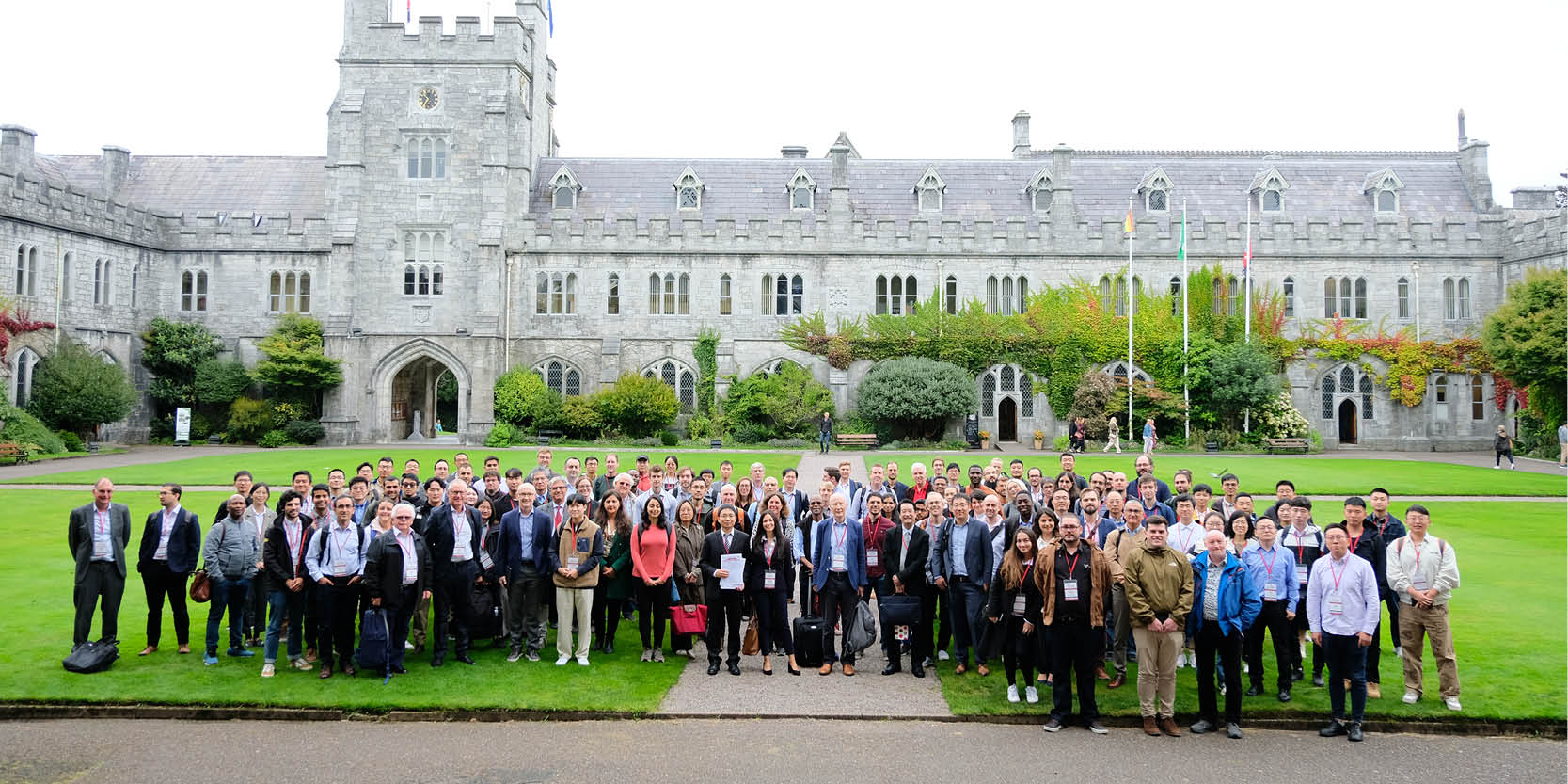In This Section
- Home
- About the College
- Governance
- College Committees & Steering Groups
- College Assembly
- College Council
- College Executive Management Committee
- College Academic Programmes and Curriculum Development Committee
- College Graduate Studies Committee
- College Research & Innovation Committee
- College Teaching Learning and Student Experience Committee
- College Student Recruitment and Outreach Committee
- College Sabbatical Research Leave Committee
- College of SEFS Adjunct Appointments Committee
- International Education Committee
- College Postgraduate Student Committee
- Athena SWAN Steering Group
- College Committees & Steering Groups
- Human Resources
- UCC STEM Awards
- Scholarships and Prizes
- Women in STEM Panel Talks
- Inaugural Professorial Lectures
- Athena SWAN in SEFS
- Proposal Calls
- Contact Us
- Science in Society Public Lecture Series
- Governance
- News
- Staff
- Schools and Departments
- Current Students
- Undergraduate Courses
- Postgraduate Courses
- International Students
- Research and Innovation
- Employability and Careers
- Outreach and Public Engagement
- Science Week
- Transition Year Programmes
The 4th International Symposium of Machine Learning and Big Data in Geoscience

Delegates from around the world gathered at UCC for the 4th International Symposium of Machine Learning and Big Data in Geoscience (ISMLG 2023), along with the European network for FOstering Large-scale ImplementAtion of energy GEostructure (FOLIAGE) COST Action.
The Symposium was hosted by the School of Engineering and Architecture and the theme was Data-centric solutions for reshaping the next generation geo-industries. The symposium included six keynote speakers, three Bright Spark Lectures, 15 specialised workshops, and 120 academic presentations.
Professor John O'Halloran, President, University College Cork delivered the welcome speech at the conference. The first keynote speaker, Professor Kenichi Soga, University of California, Berkeley is a member of the National Academy of Engineering (NAE) in the USA, and a fellow of the Royal Academy of Engineering (FREng) of the UK, and Engineering Academy of Japan. Professor Soga introduced promising techniques to detect trends in high-dimensional data using machine learning combined with high-performance computing sensing. He also discussed the significant benefits of integrating structural sensing, environmental sensing, and infrastructure usage.
The organisers would like to express their thanks to the participants, and the organisations who generously supported the event, as well as the many volunteers and entertainers. The presentations, discussions, and social networking greatly inspired and enhanced participants' understanding of the technological advancements in the fields of digital technologies, machine learning in geoscience and geoengineering, geothermal energy, and beyond.
College of Science, Engineering and Food Science
Coláiste na hEolaíochta, na hInnealtóireachta agus na hEolaíochta Bia
Contact us
Block E, Level 3, Food Science Building, UCC, Cork, T12 YN60.
